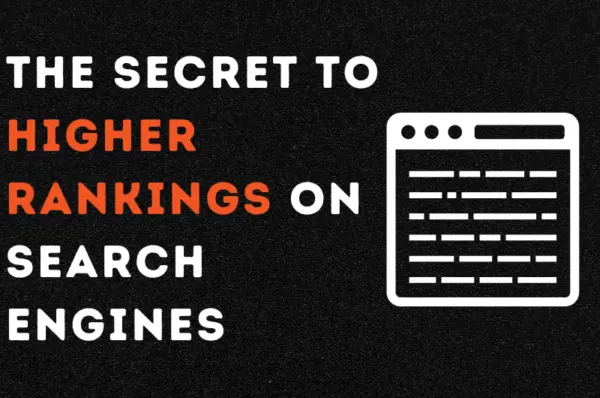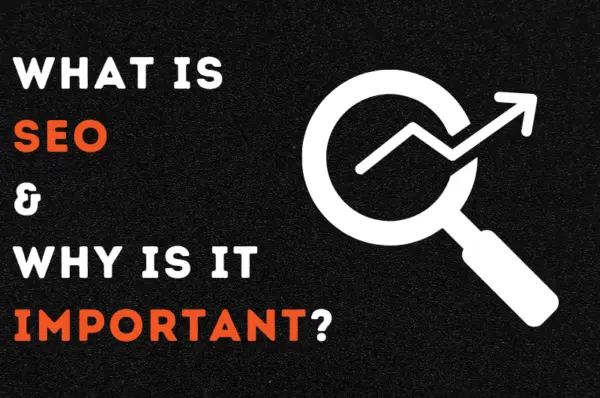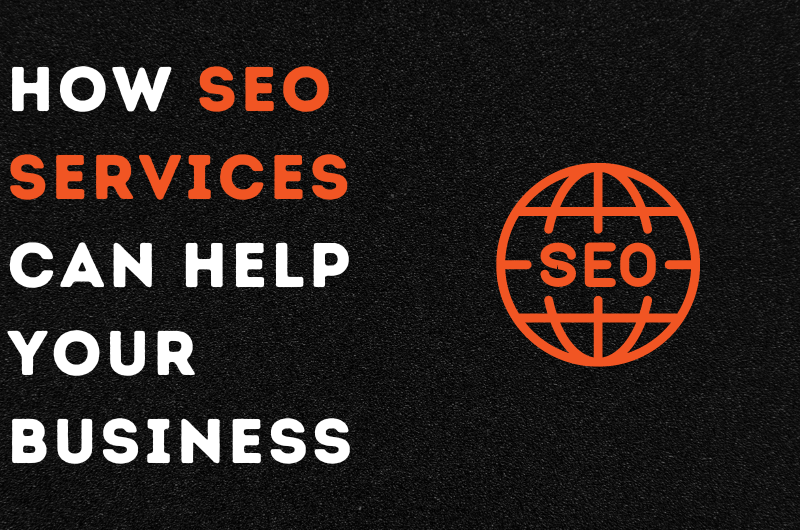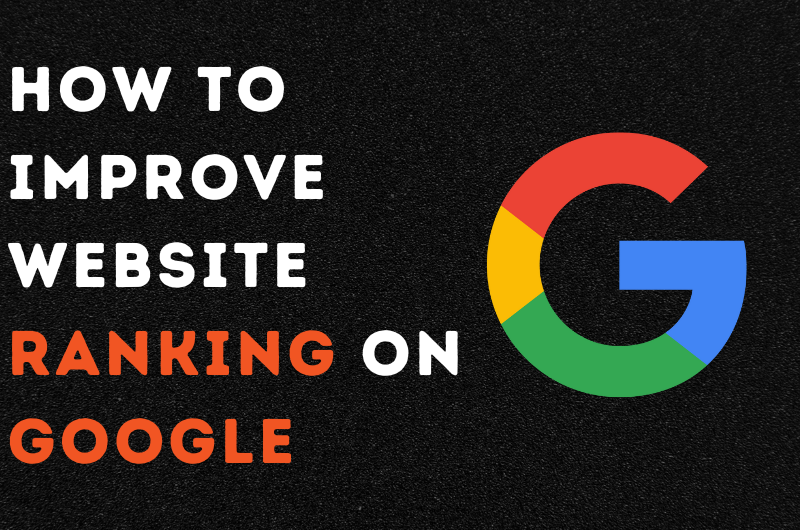Are you looking for ways to improve your website’s ranking on search engines? If so, you may have heard of on-page SEO. But what is it? And how can it benefit your website? In this blog post, we’ll give you a crash course on how to optimize your website for better rankings with on-page SEO.
If you want your website to rank higher in search engine results pages, on-page optimization is essential. On-page SEO refers to all the elements on your website that affect your ranking—from your content to your title tags, H1 tags, and meta descriptions.
What is On-Page SEO?
Why is On-Page SEO Important?
On-page SEO is important because it helps search engines understand what your website is about and whether it’s relevant to a searcher’s query. If you want your website to rank higher in search engine results pages (SERPs), on-page optimization is essential.
In addition, on-page SEO can have a big impact on your click-through rate (CTR). CTR measures the number of people who click on your listing after seeing it in the SERP. A higher CTR means that more people are finding your listing relevant and are clicking through to visit your website.
How Can You Improve Your On-Page SEO?
As we mentioned above, keyword research is essential for on-page optimization. Once you’ve identified the right keywords, be sure to use them throughout your website content—in the page title, header tags, meta descriptions, and body copy—so that search engines will know that your website is relevant to those terms. In addition, pay attention to other elements of web design and navigation. A well-designed website with easy-to-use navigation will help improve both your users’ experience and your ranking on search engines.
Top On-Page SEO Factors
There are many factors that come into play when it comes to on-page SEO. Things like your title tag, meta description, header tags, and even your content itself can all affect your SEO. That’s why it’s so important to make sure you’re optimizing your website for search engines. Some of the most important are listed below:
Title Tag
Your title tag is one of the most important on-page SEO factors. This is the text that appears in the search engine results pages (SERPs) as your page’s title. It should be clear, concise, and relevant to what your page is about. You want to make sure your title tag is no longer than 60 characters, as anything beyond that will be cut off in the SERPs.
Meta Description
Your meta description is the short description of your page that appears beneath your title tag in the SERPs. This is your chance to give searchers a more detailed overview of what your page is about. Like your title tag, you want to keep your meta description under 160 characters so it doesn’t get cut off.
Header Tags
Header tags are used to structure your content and make it easier for users and search engines to read. There are six header tags: h1, h2, h3, h4, h5, and h6. The h1 tag is the most important and should be used for your page’s title. The h2 tag can be used for subheadings, and the h3 tag can be used for further subheadings beneath that. You can use the h4, h5, and h6 tags for even smaller subheadings, but they’re not as important as the other header tags.
Content
Your content is another important on-page SEO factor. Your content should be well-written, relevant to your topic, and at least 300 words long. If you can include keywords naturally in your content without making it sound forced, that’s a bonus. You also want to make sure your content is easy to read by using short paragraphs and clear sentence structure. Finally, don’t forget to include internal links to other pages on your website. This will help search engines crawl your site and can also help users find related content.
Image Optimization
Images can help make your content more visually appealing, but they can also help with your SEO. When adding images to your website, be sure to include keywords in the file name and fill out the alternate text field with a brief description of the image. This will help search engines index your images and display them in the SERPs.
URL Structure
Your website’s URL structure is important for both users and search engines. That’s why it’s important to use keyword-rich URLs that are easy to read and understand. For example, if you have a page about SEO tips, a good URL would be something like example.com/seo-tips. Using keywords in your URL helps search engines understand what your page is about and can also help users remember your URL when they see it in the SERPs.
Internal and External Linking
Linking is important for two reasons: it helps search engines crawl your website and it can help users find related content. When adding links to your website, be sure to use keyword-rich anchor text so that search engines can understand what the link is about. Also, try to link to high-quality websites that are relevant to your topic. This will help improve your website’s SEO as well as its overall reputation.
Meta Tags
Meta tags are one of the most important on-page SEO factors. They’re used to provide information about your website to search engines and users. The three most important meta tags are the title tag, meta description, and meta keywords tag.
These are just a few of the many on-page SEO factors you should keep in mind when optimizing your website. By following these tips, you can help improve your SEO and get more traffic from organic searches.
User Experience
Last but not least, user experience is an important factor for SEO. Search engines want to provide users with the best possible results, which means they take into account things like how easy it is to use your website and whether or not users are finding what they’re looking for. Improving your website’s user experience can help improve your SEO and increase your chances of ranking in the SERPs.
Find More:
Conclusion
On-page SEO is a crucial element of any successful digital marketing strategy. By incorporating the right keywords into your web page content and paying attention to other important aspects of web design, you can help improve your website’s ranking on search engines—and drive more relevant traffic to your site. And by paying attention to factors like content quality, keyword density, title tags, and meta descriptions, you can ensure that your website is properly optimized for better rankings. And when you rank higher, you can enjoy more traffic, more leads, and more sales.



